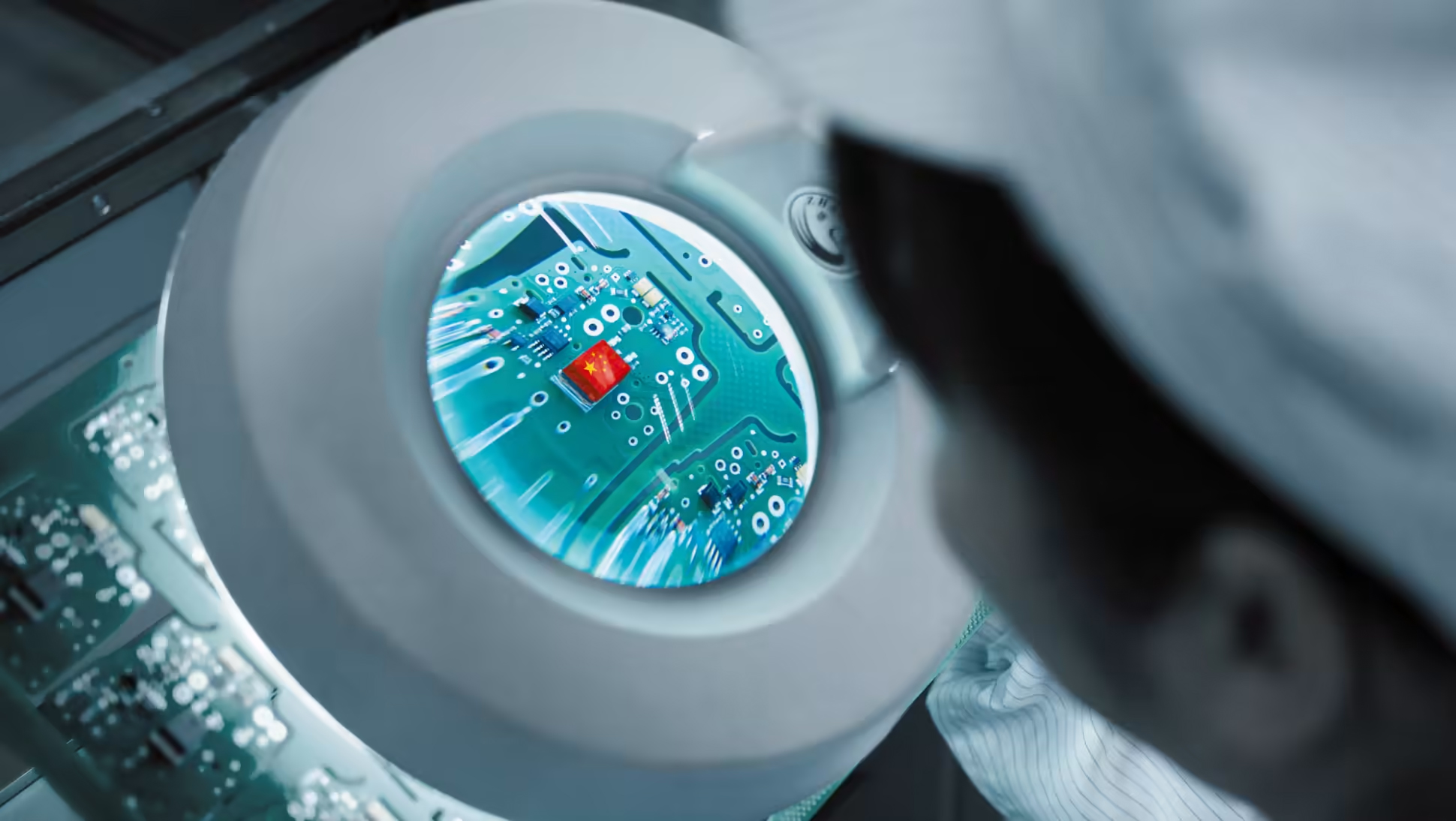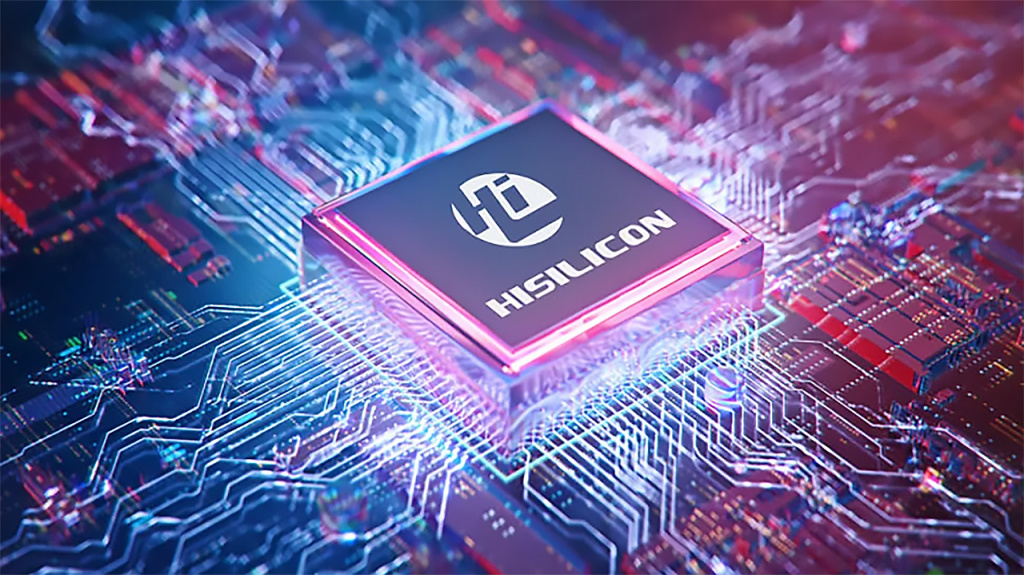
You have to buy Huawei phones even if they are inferior, if you think we can get them
Huawei’s top executives advocate the view that processors designed and made in China must be used by domestic customers, even at the cost of being inferior in terms of features and performance at the moment. This is the sacrifice and the price we have to pay in order to catch up with the competition from the West in the near future.
The chairman of Huawei emphasized the importance of using domestically produced chips, even if at the moment they lag behind foreign competition, reports UDN.com. The comment was made in the context of the potentially low yield rate of the working Kirin 9000S chips powering the latest Huawei Mate 60 Pro series of phones. Despite the inferior characteristics of domestic chips made in China, “if we don’t use them, this gap will always be a gap, and lagging behind will always be lagging,” said Huawei’s first man.
Huawei’s latest flagship phone, the Mate 60 Pro, has attracted attention for its use of the Kirin 9000s SoC processor made entirely in China. Most analysts believe that the processor is built at SMIC’s facilities using its own 2nd Gen 7nm process and technology, possibly called N+2. The chips were supplied to Huawei to circumvent technology sanctions imposed by the US.
Let’s buy local – Huawei’s position sounds familiar
The original SMIC 7nm class N+1 manufacturing process has been used so far exclusively to make simpler cryptocurrency mining chips, so it is generally believed that the yield rate of correct chips in production using the N+2 process is extremely low. Moreover, the performance of the processor is also believed to be worse than competing chips designed in the USA.
 SMIC
SMICWhile Huawei and SMIC managed to circumvent US sanctions, some argue that the alleged 7nm process still lags significantly behind that used by the world’s leading chipmaker, Taiwan’s TSMC. The mentioned Kirin 9000S lags behind the Qualcomm Snapdragon 8 Gen 2 processors. However, despite the criticism, Huawei executives believe that domestic chips are necessary for future technological growth and overcoming the existing gap.
“Before, we couldn’t even produce network card chips and RAID chips,” Xu Zhijun said. “We also couldn’t manufacture the power management chips for the computer server. So we have to go back to the basics of the computer industry.”
Xu Zhijun made a sharp comparison between the technological level of domestic and foreign products. He compared foreign competitors with doctoral-level expertise, while Chinese domestic products are at elementary school level. Despite this disparity, he stressed the importance of China developing its own technological infrastructure to prevent vulnerabilities and security breaches from external factors.
More than 600 Chinese firms are currently on the embargo list imposed by the US government, affecting a wide range of technology sectors, from design tools to chip manufacturing. Huawei executives warn of long-term problems in the field of semiconductor production due to these restrictions and are of the opinion that the US sanctions will not be eased in the near future.